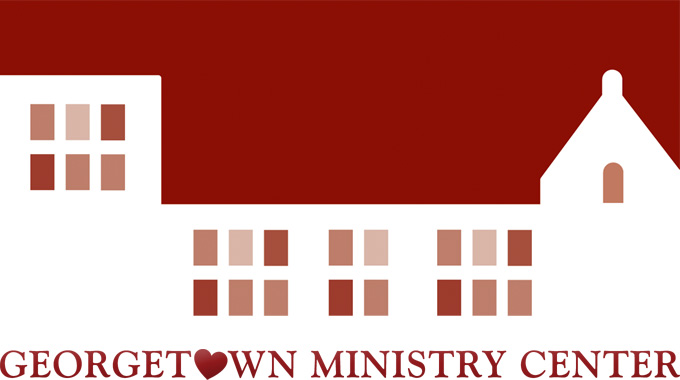We are currently searching for a reliable and trustworthy individual to join GMC’s team of Shower and Laundry Managers.
This is a part-time position (20-30 hours). The Shower and Laundry Manager is responsible for running the day-to-day operations of our center and for making the center a safe and comfortable place for all.
This position involves keeping track of who comes into the center, running the shower/laundry program, and making sure the center is clean at the end of the day. Light administrative duties include answering the phone, sorting mail, and some light data entry. The Shower and Laundry Manager monitors behavior in the center and outside our door, ensuring a safe environment.
The ideal candidate:
– is punctual, reliable, and courteous but firm.
– is willing and able to work well with people who have a history of mental illness, and is able to cope well under stress.
– is willing and able to work some holidays.
If interested, please send your resume and cover letter as a single PDF to info@gmcgt.org
A background check will be conducted before employment.




